Cricket’s history includes several of the worst umpires whose controversial decisions left fans and players frustrated. Dubious LBW calls, such as one against a legendary batter in 2003, a no-ball controversy involving a prominent spinner, and critical errors in high-stakes matches marred their reputations. Missed run-outs and overzealous LBW decisions further fueled debates about their performances. These mistakes, often in pivotal games, cemented their places on the list of cricket’s most infamous umpires.
1. Steve Bucknor
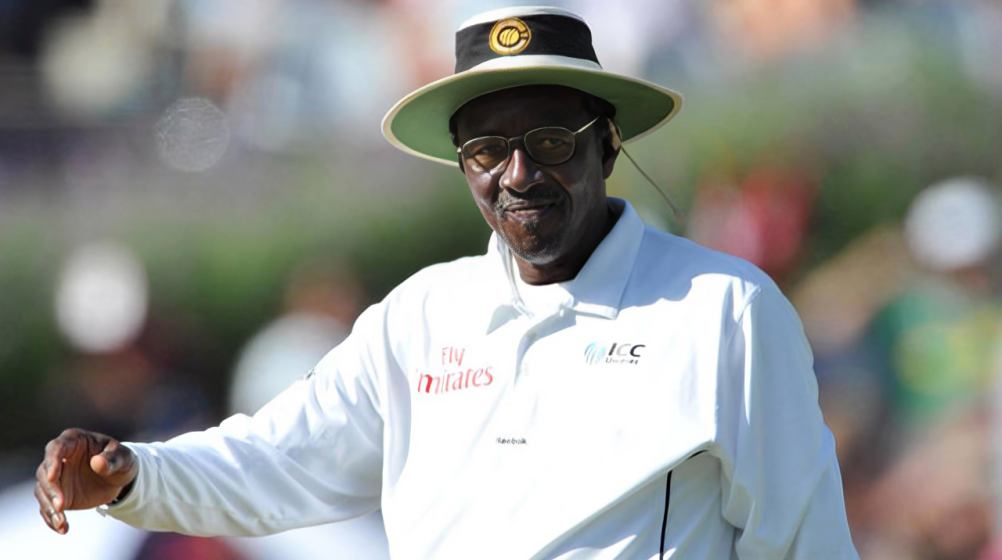
Steve Bucknor, remembered in India as “the man who gave Sachin out,” left a mark on cricketing history for his contentious decisions. One infamous moment came during the 2003 Brisbane Test, where a dubious LBW call against Sachin Tendulkar—despite the ball missing off stump—sparked outrage. Coupled with other controversial calls, Bucknor’s career became synonymous with cricketing infamy.
2. Darrell Hair
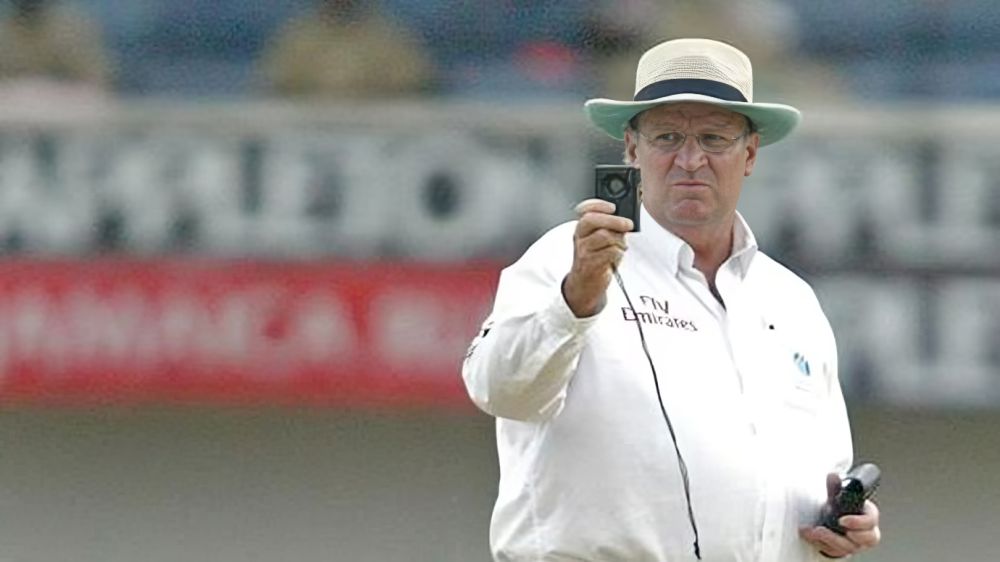
Darrell Hair, infamous for calling Muttiah Muralitharan for “ball-tampering” during a 2006 Test, ignited one of cricket’s most controversial episodes. Despite video evidence contradicting his decision, Hair remained resolute, leading to widespread outrage and a lasting rift with the cricketing fraternity. His actions remain a defining moment of umpiring controversy.
3. Simon Taufel
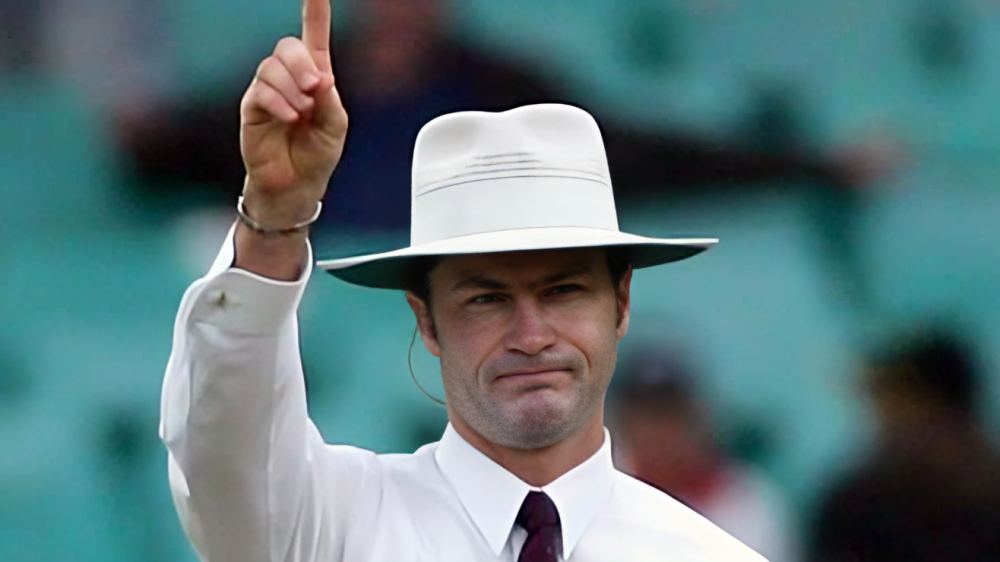
Widely regarded as one of the most accurate umpires, Simon Taufel’s legacy is tainted by critical errors in high-stakes moments. The 2009 Ashes series showcased this, with multiple missed edges influencing key outcomes. Despite his statistical brilliance, such lapses dented his reputation in pivotal matches.
4. Rudi Koertzen
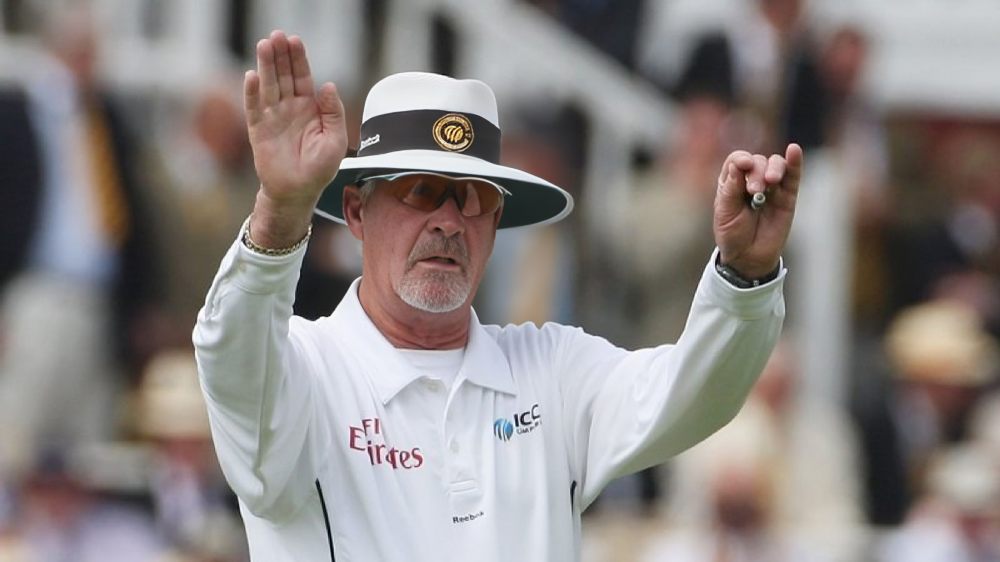
South African umpire Rudi Koertzen, known for his relaxed demeanor, often blurred the line between calmness and carelessness. Notable errors include missing Chris Gayle’s clear run-out in the 2003 World Cup final and a baffling LBW call against Ricky Ponting in 2008, leaving fans and players puzzled.
5. Aleem Dar
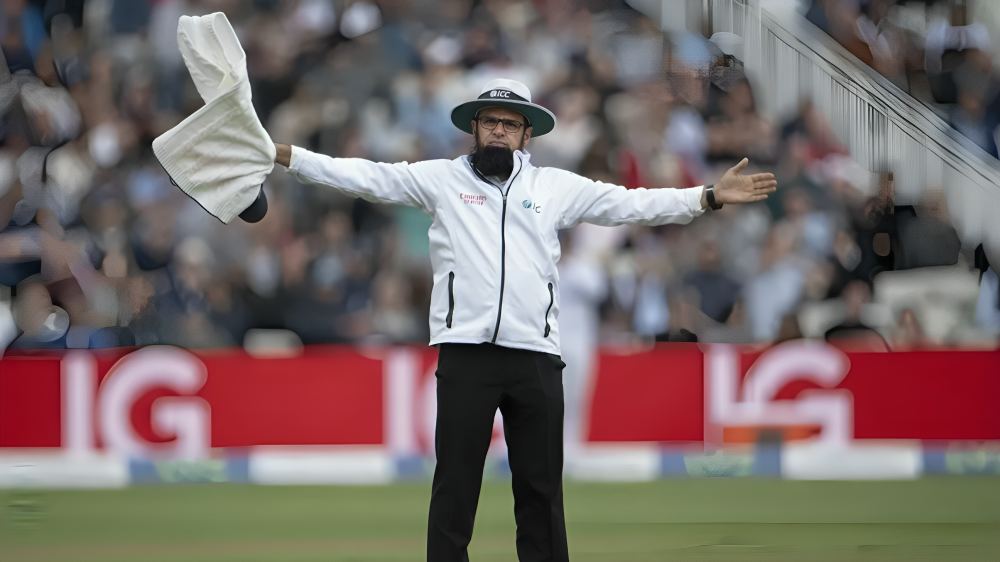
Pakistani umpire Aleem Dar, renowned for his sharp LBW decisions, sometimes displayed overzealousness in his calls. His tendency to rule batsmen out at the faintest pad contact, particularly against spinners, earned him the controversial nickname “Ali Out Dar,” reflecting a mixed legacy of precision and scrutiny.
